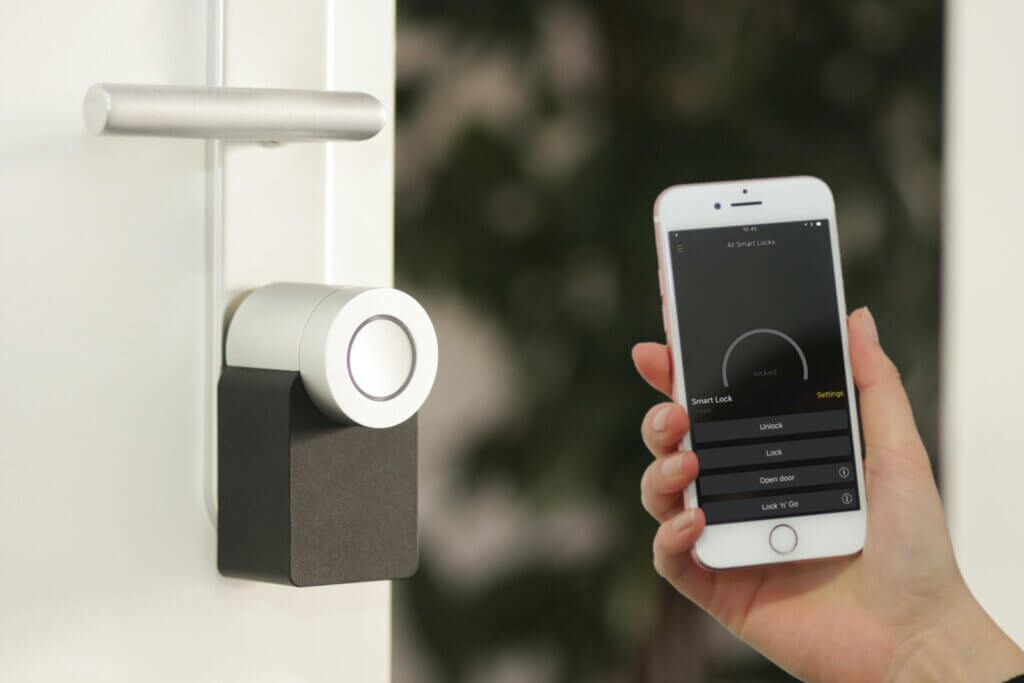Home energy expenses and utility bills have risen considerably recently, with estimates predicting more increases soon. As a result, homeowners are looking for methods to minimize their consumption and save money with smart energy management.
This article will go through seven strategies for using “smart” technology to reduce home energy use, monthly utility costs, and more.
1. Customize Your Lighting Schedule
Installing LED bulbs is the initial step in cutting household lighting expenses and their extended lifespan.

When combined with smart technology, you can tailor lighting schedules to switch off and on at specific times.
Motion-detecting sensors may benefit outdoor spaces by illuminating front doors, porches, and driveways for increased protection and safety.
2. Control Cooling And Heating With Smart Thermostats
As the weather outside changes, incorrect thermostat settings can waste energy and incur hefty power bills.
Smart energy management allows users to remotely alter interior thermostat settings, which is especially useful for adjusting heating and cooling during uncertain weather or if you’ll be gone for an extended period.
3. Garage Door Safety And Security
An automated garage door opener with smart controls is the ideal way to avoid forgetting to close and lock garage doors in a hurry.
Automated garage doors open and close remotely for delivery workers, housesitters, or authorized individuals who require access. It can also assist in dissuading unwary burglars or trespassers from entering the property through an open garage door.
4. Consider Smart Appliances
When buying appliances, look for the official Energy Star rating symbol.
Set up smart controls on regularly used devices like stoves, refrigerators, dishwashers, and ovens to save even more money. You’ll get a real-time warning if someone accidentally leaves a refrigerator door open.
5. Flood Sensors Can Help You Manage Your Water Use
Flood sensors help manage leaks or drips from toilets, tubs, and sinks, whether abroad or at home.
Water-based home equipment such as refrigerators, dishwashers, and washing machines are also affected. These gadgets may also identify a defective pipe before it bursts or alerts you if a faucet is left running.
Temperature sensors in the enclosure give real-time warnings to your mobile device showing rapid changes in the outside climate.
6. Install Smart Outlets To Save Energy
Smart outlets reduce home energy use and monitor electronic usage for TVs, laptops, gaming systems, and other devices.
While cutting costs is always great, you may also use smart outlets to control household screen time and establish power-down schedules for children.
7. Keep Windows Protected
During the hottest portion of the day, the sun beats down on your house, accumulating additional heat via exposed, open windows.
While locking and closing windows is a wise security practice, it helps maintain optimal cooling efficiency.
It’s also a good idea to add window covers like shades, curtains, or blinds, which close during warmer months. This also prevents possible trespassers and burglars from peering through open windows.
Final Notes
Smart home technology is increasingly used in homes. Homeowners are using its features and capabilities to secure their homes, property, and loved ones for one device or a whole network.
Apart from keeping utility prices low, it’s also a good idea to regulate your home’s energy, water, and gas consumption for nature’s sake.
With best practices and ideas in mind, you need to develop a plan to reduce your power costs and energy use. If you’re looking to buy or sell a home fast and easy, reach out to www.elementhomebuyers.com. You don’t need to make any repairs or upgrades when selling to them.




